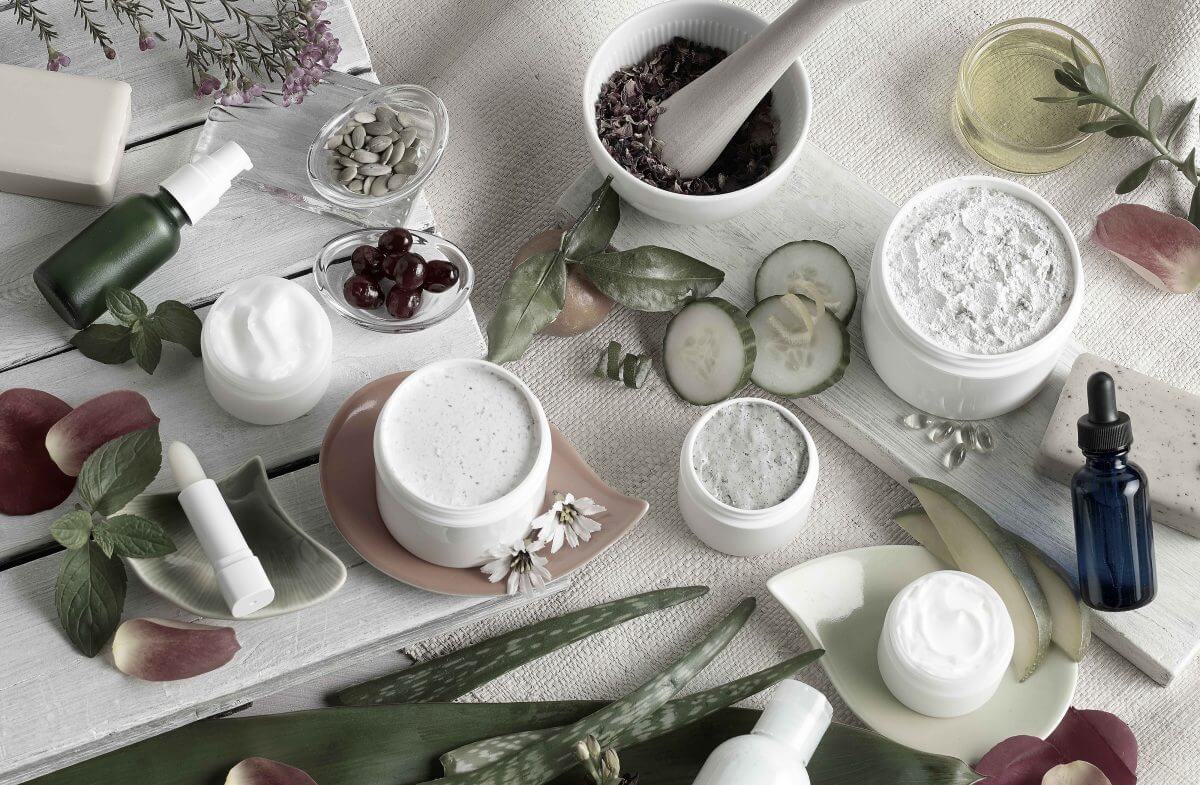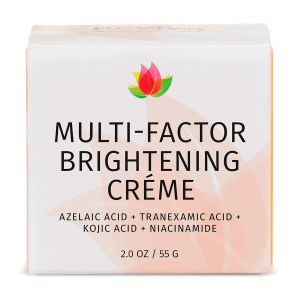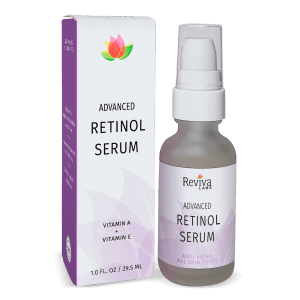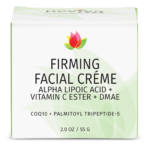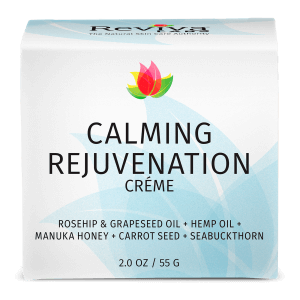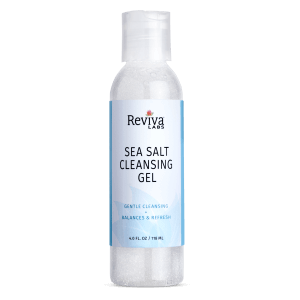Microcrystalline Cellulose
Microcrystalline Cellulose (MCC) is a refined, plant-derived ingredient widely used in skincare, cosmetics, and pharmaceutical formulations. It is derived from natural cellulose, a structural component of plant cell walls, and is processed into a fine, white, odorless powder. Recognized for its multifunctionality, MCC serves as a texturizer, stabilizer, bulking agent, and absorbent in various personal care products.
In skincare and cosmetics, Microcrystalline Cellulose plays an essential role in enhancing the texture and performance of products. As a texturizing agent, it improves the spreadability and consistency of creams, lotions, and serums, ensuring they glide smoothly onto the skin. Its ability to stabilize emulsions helps prevent separation, maintaining the integrity of a product’s formulation over time. This is especially useful in natural skincare, where stabilizers are needed to keep oil- and water-based ingredients evenly mixed.
One of the key benefits of Microcrystalline Cellulose is its absorbent properties. It effectively captures excess oils, making it an ideal ingredient in formulations for oily or acne-prone skin. By reducing surface shine and sebum buildup, it contributes to a mattified, balanced complexion. These qualities make it a common component in facial powders, foundations, and oil-controlling skincare treatments.
Additionally, MCC is valued for its exfoliating action. As a gentle, biodegradable alternative to synthetic microbeads, it provides mild mechanical exfoliation, helping to remove dead skin cells and impurities without causing irritation. This makes it suitable for sensitive skin types looking for a natural exfoliating option.
Beyond its cosmetic applications, Microcrystalline Cellulose is frequently used in pharmaceutical and supplement formulations as a binder and filler in tablets and capsules. Its ability to create uniform, stable formulations ensures consistent dosage delivery in oral supplements and medications.
A major advantage of MCC is that it is naturally derived, non-toxic, and biodegradable, aligning with the clean beauty movement and eco-conscious formulations. It is generally well-tolerated by all skin types and does not pose risks of irritation or sensitivity, making it a preferred choice for formulators seeking gentle yet effective functional ingredients.
Microcrystalline Cellulose is a prime example of how plant-based science enhances skincare and cosmetics. Whether improving product texture, absorbing excess oil, or gently exfoliating the skin, this natural, biodegradable ingredient continues to play a crucial role in modern formulations designed for both efficacy and sustainability.
Microcrystalline cellulose (MCC) is a term for refined wood pulp and is used as a texturizer, an anti-caking agent, a fat substitute, an emulsifier, an extender, and a bulking agent in food production. The most common form is used in vitamin supplements or tablets. It is also used in plaque assays for counting viruses, as an alternative to carboxymethylcellulose.



